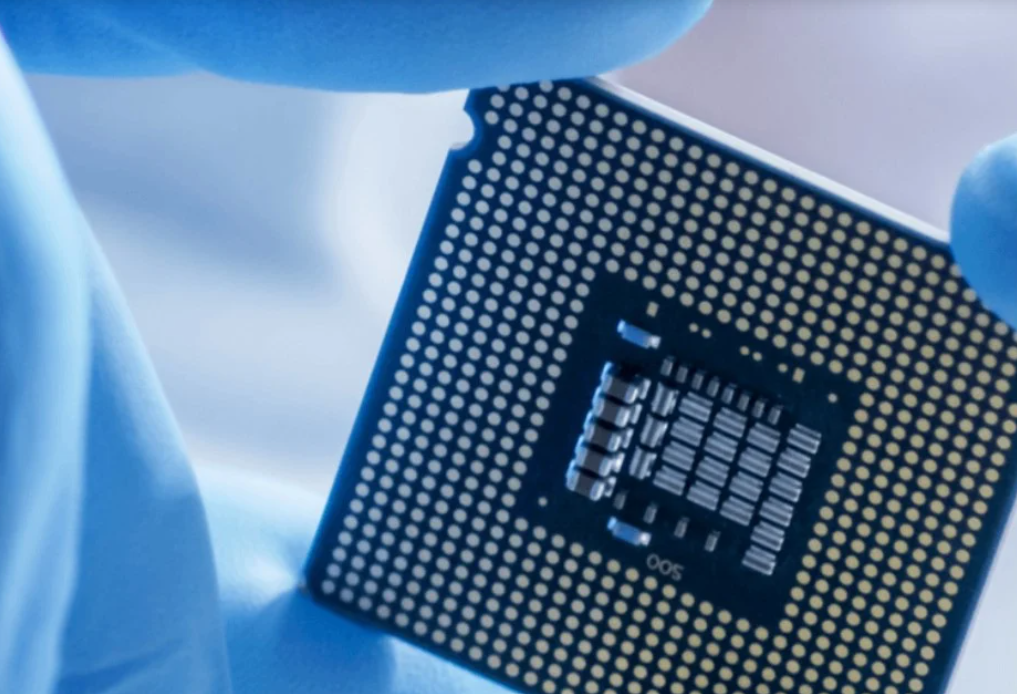In a bid to bridge the technological gap with the United States, China is set to unveil a new state-backed investment fund, targeting a staggering $40 billion in funding for its semiconductor sector. This ambitious initiative is poised to become the largest among the trio of funds managed by the China Integrated Circuit Industry Investment Fund, colloquially known as the “Big Fund.”
In contrast to its predecessors in 2014 and 2019, which raised 138.7 billion yuan and 200 billion yuan, respectively, this new fund aims to amass a whopping 300 billion yuan (approximately $41 billion), as confirmed by government estimates.
Sources suggest that Chinese authorities have granted approval for the establishment of this new fund, with the Chinese finance ministry committing to provide 60 billion yuan. However, the identities of other contributors remain undisclosed, as the discussions were held confidentially.
Key areas of investment focus will encompass cutting-edge machinery for chip fabrication, emphasizing China’s determination to achieve self-sufficiency in semiconductor production. This goal has grown more critical in recent years, partly due to the US’s imposition of stringent export control measures, citing concerns that China might harness advanced chip technology to bolster its military capabilities.

In a move that could further intensify global competition, the United States unveiled comprehensive penalties last October, limiting China’s access to state-of-the-art chip manufacturing machinery. Likewise, U.S. allies such as Japan and the Netherlands have taken similar measures.
The fundraising process is anticipated to unfold over several months, with the timing of the third fund’s formation and potential alterations to the plan yet to be determined. The Big Fund’s initial two funds received support from the finance ministry and prominent state-owned enterprises like China Development Bank Capital, China National Tobacco Corporation, and China Telecom.
Over the years, the Big Fund has financed various smaller companies and funds, including China’s two largest chip foundries, Semiconductor Manufacturing International Corporation, and Hua Hong Semiconductor, as well as flash memory manufacturer Yangtze Memory Technologies. Despite these investments, the Chinese chip sector has struggled to establish a dominant presence in the global supply chain, particularly concerning cutting-edge semiconductors.
To manage the capital of the new fund, the Big Fund is considering engaging at least two institutions, aiming to ensure effective and responsible allocation of resources. Notably, China’s anti-graft bureau has been investigating several senior officials and former officials at SINO-IC Capital, the sole manager of the Big Fund’s initial two funds, since 2021. Nevertheless, sources suggest that SINO-IC Capital is expected to continue playing a managerial role in the third fund.
Furthermore, Chinese authorities have reportedly reached out to China Aerospace Investment, the investment division of the state-owned China Aerospace Science and Technology Corporation, to explore the possibility of their involvement as fund managers.
As this substantial investment fund takes shape, China’s semiconductor industry is poised for a potential leap forward, aiming to compete on a global scale and reduce reliance on external chip technology.
Related:
- TSMC led $3.8 billion venture strengthens European semiconductor industry, bolsters Taiwan-Europe ties
- Qualcomm Faces Stock Slide Amid AI Prospects and Semiconductor Earnings Report
- Foxconn pulls out from joint venture with Vedanta in India for a semiconductor factory
(via)





